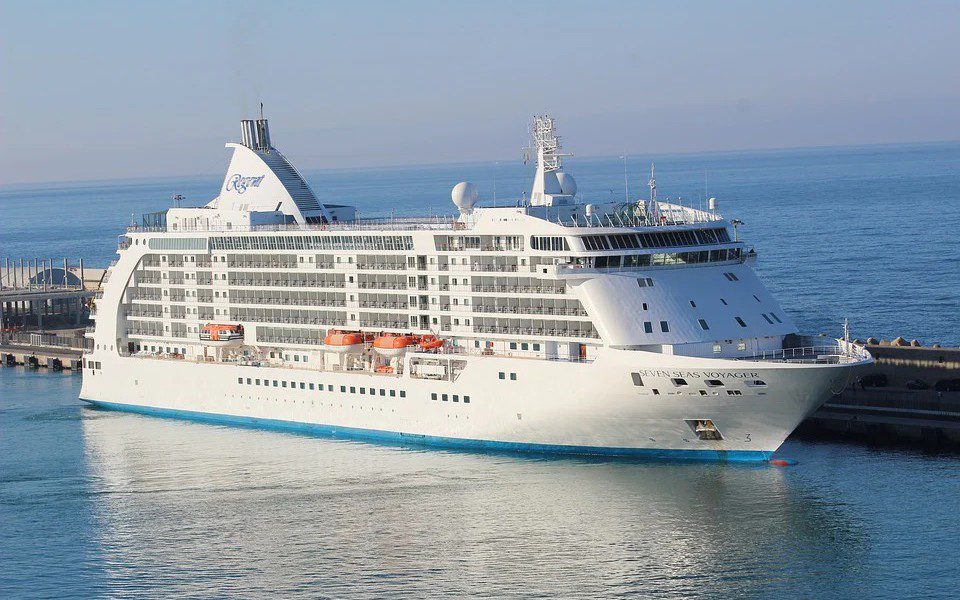Amid rising tariff tensions, comes another point of contention between the United States and others.
The US on Tuesday strongly opposed the Net-Zero Framework (aka Global Carbon Tax) imposed by the shipping industry, which has been supported by India, China and other countries. The US in a statement said it would not accept any international environmental agreement that “unduly or unfairly burdens the country or harms the interests of the American people.”
This October, members of the International Maritime Organization (IMO) are poised to consider the adoption of a so-called “Net-Zero Framework,” aimed at reducing global greenhouse gas emissions from the international shipping sector.
“Our fellow IMO members should be on notice that we will look for their support against this action and not hesitate to retaliate or explore remedies for our citizens should this endeavor fail,” the US said in a strongly-worded statement by the US Department of Energy.
In April, India and 62 other countries voted in favour of the world’s first-ever global carbon tax imposed on the shipping industry by the United Nations’ shipping agency. The tax could generate up to $40 billion by 2030. However, all the funds will be used exclusively to cut emissions in the shipping industry and not for supporting climate action in developing countries, industry reports note. India, China and Brazil are among countries supporting it, but it is opposed by oil-rich nations like Saudi Arabia, the UAE, Russia and Venezuela. The US delegation did not participate in negotiations and was absent during voting in April.
“The US has announced that they are rejecting the IMO proposal to place a tax on fossil fuels as they see it harming the interests of the American people. This position is not surprising as the US already voiced it back at the MEPC meeting in April of this year whereafter they simply left the meeting without participating in the negotiations,” said container shipping expert Lars Jensen in the social media.
The US Department of Energy’s statement said: “Whatever its stated goals, the proposed framework is effectively a global carbon tax on Americans levied by an unaccountable UN organization. These fuel standards would conveniently benefit China by requiring the use of expensive fuels unavailable at global scale. These standards would also preclude the use of proven technologies that fuel global shipping fleets, including lower emissions options where US industry leads such as liquified natural gas (LNG) and biofuels.”
IMO’s move marks the first time a global carbon tax has been imposed on an entire industry. Starting 2028, ships will either have to shift to lower-emission fuels or pay a fee for the pollution they generate.
Source: The Hindu BusinessLine





